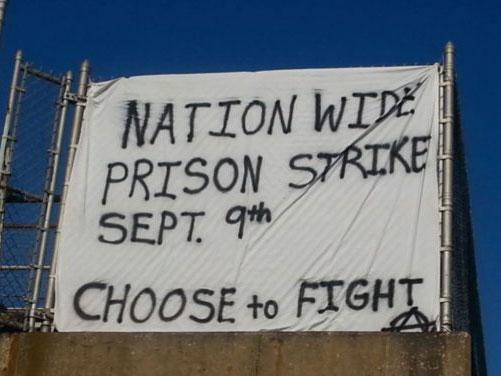by Yesim Usluca
Impunity Watch Reporter, Middle East
JERUSALEM, Israel — On Sunday, September 11th, the Israel Supreme Court rejected the Israeli Medical Association’s appeal on the force-feeding law that had been passed in July 2015.

Through the appeal, the Israel Supreme Court authorized force-feeding prisoners who are on a hunger strike. The court held that the law is constitutional and “legal under Israeli and international law.” The judges stated that saving lives “remain a priority” as the state is “responsible for the lives of its prisoners.”
The Assembly of Palestinian Doctors in Europe issued a statement declaring that the force-feeding law amounts to a “legitimization of murder.” The Assembly asserted that the law violates the World Medical Association’s Declaration of Malta 1991, which states “forcible feeding is never ethically acceptable.” It further stated that force-feeding violates the 1975 World Medical Association Declaration of Tokyo, which provides that “force-feeding is a crime and form of torture.” The statement further drew attention to the potential risk of death involved with force-feeding, noting that several Palestinian prisoners had lost their lives as a result of this practice. The Assembly also urged international health institutions and human rights organizations, such as the United Nations, Red Cross, and Doctors Without Borders, to condemn the decision and pressure the government to repeal the law.
In recent years, numerous Palestinians initiated collective and individual hunger strikes. Some obtained an early release while others secured better incarceration conditions provided that they end their strike.
In July 2015, Israeli legislators voted to allow the force-feeding of hunger striking prisoners. The reasoning behind this legislation was to prevent Palestinian detainees from using fasting as a means of securing an early release from prison. Mr. Yoel Hadar, a legal adviser to the Ministry of Public Security, had stated that force-feeding would only be used in extreme cases and that Israeli doctors would not be compelled to comply. The law requires the prison commissioner to request the court’s permission to force-feed a prisoner “if a doctor recommends doing so,” and if there is an “imminent danger of severe deterioration in the prisoner’s health.” The law further stipulates that prison officials are allowed to use “reasonable force.”
Upon its passage, several human rights organizations had condemned the law. Palestinian prisoner rights activists declared that the law robbed detainees of their only means to protest incarceration. The Israeli Medical Association identified the move as “torture,” stating that force-feeding could not be accomplished without endangering the prisoner and causing suffering. United Nations officials also condemned the law, declaring that hunger strikes were a “non- violent form of protest used by individuals who have exhausted other forms of protest to highlight the seriousness of their situations.” The Ministry had stated that the decision was based on humanitarian concerns of preventing prisoners from harming themselves and pressuring Israeli authorities.
For more information, please see:
Middle East Eye — Israel court rejects appeal on force-feeding hunger strikers — 12 September 2016
AlJazeera — Israel rejects appeal against force-feeding prisoners — 11 September 2016
Palestine News Network — Israeli force-feeding law incitement to murder — 14 September 2016
The New York Times — Israel Allows Hunger-Striking Prisoners to Be Force-Fed — 30 July 2015












